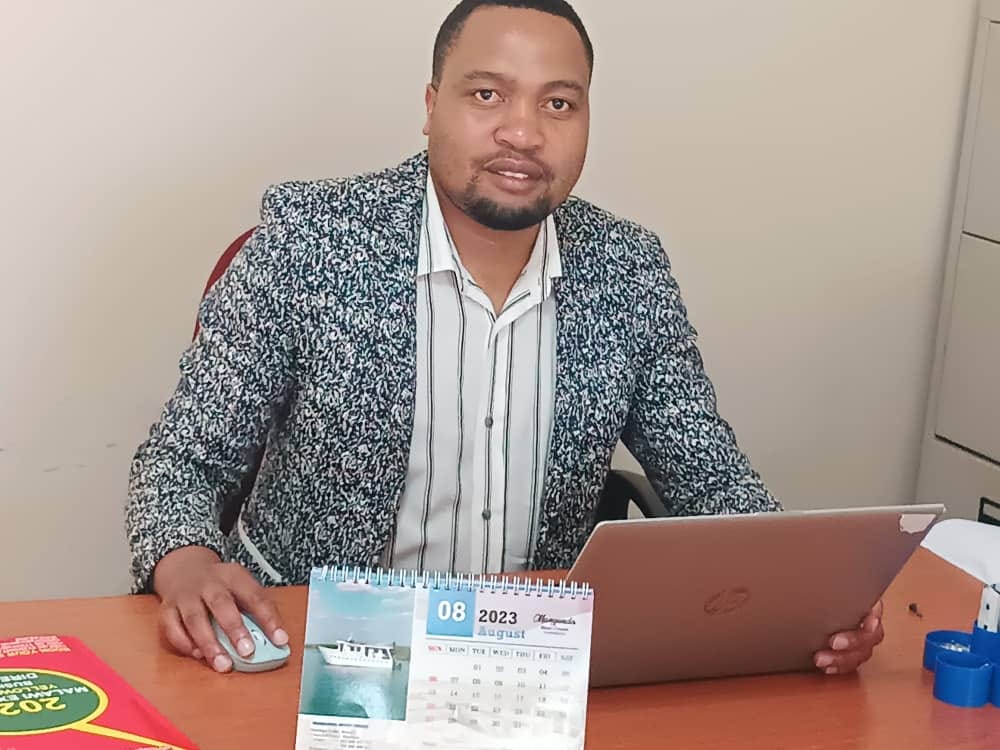Self Help Africa pledges to support water and sanitation
The programs implemented by SHA are specifically designed to address harmful gender norms and are developed in collaboration with women and girls.
DOWA, MALAWI - In a joint effort to improve access to safe drinking water and basic sanitation services, Self Help Africa (SHA) has announced its commitment to supporting communities in Malawi, writes Vincent Gunde.
Building on the 57 years of combined experience of United Purpose (UP) and SHA in the country, the organisation aims to empower communities to sustain their forests, land, and water sources while enhancing income, health, and diets.
The programs implemented by SHA are specifically designed to address harmful gender norms and are developed in collaboration with women and girls.
The organization aims to foster sustainable livelihoods and healthy lives for all, in the face of a changing climate.
Chifundo Mandala, the WASH Project Manager for Dowa, expressed the significance of the 5-year Strategy (2023-2027) in supporting the Government of Malawi's vision of a self-reliant nation by 2063.
Mandala emphasized that the strategy provides a framework for SHA and UP to work alongside the government in achieving their shared goals.
"The Vision 2063 recognizes the changing climate in which we operate and outlines the behaviours our partners and project participants can expect from us," Mandala stated.
"Our ultimate goal is to alleviate hunger, poverty, social inequality, and the impact of climate change by empowering communities through community-led, market-based, and enterprise-focused approaches."
Mandala further emphasised the importance of the strategy in ensuring marginalised and excluded individuals have a voice and representation at all levels.
"Our approach will strengthen women's access to and control over resources and decisions, with a particular focus on working with young people in line with the Malawi Vision 2063," he added.
Councillor Mayamiko Kambewa, Chairperson of Dowa District Council, expressed his support for SHA's efforts while highlighting the need for increased budgetary allocation for water projects.
Kambewa suggested raising the budget from K12 million to K20 million or more, stating that this would allow for the implementation of piped water systems that can serve a larger number of people, as opposed to boreholes that only benefit a few.
Kambewa acknowledged the challenges faced in some areas, including poor water quality, and extended gratitude to SHA for their continuous support in addressing the needs of marginalised and excluded individuals in Dowa.
With SHA's unwavering commitment to supporting communities in accessing safe drinking water and basic sanitation services, the organisation aims to create a sustainable future for all, while prioritising the voices and perspectives of those often left unheard.



